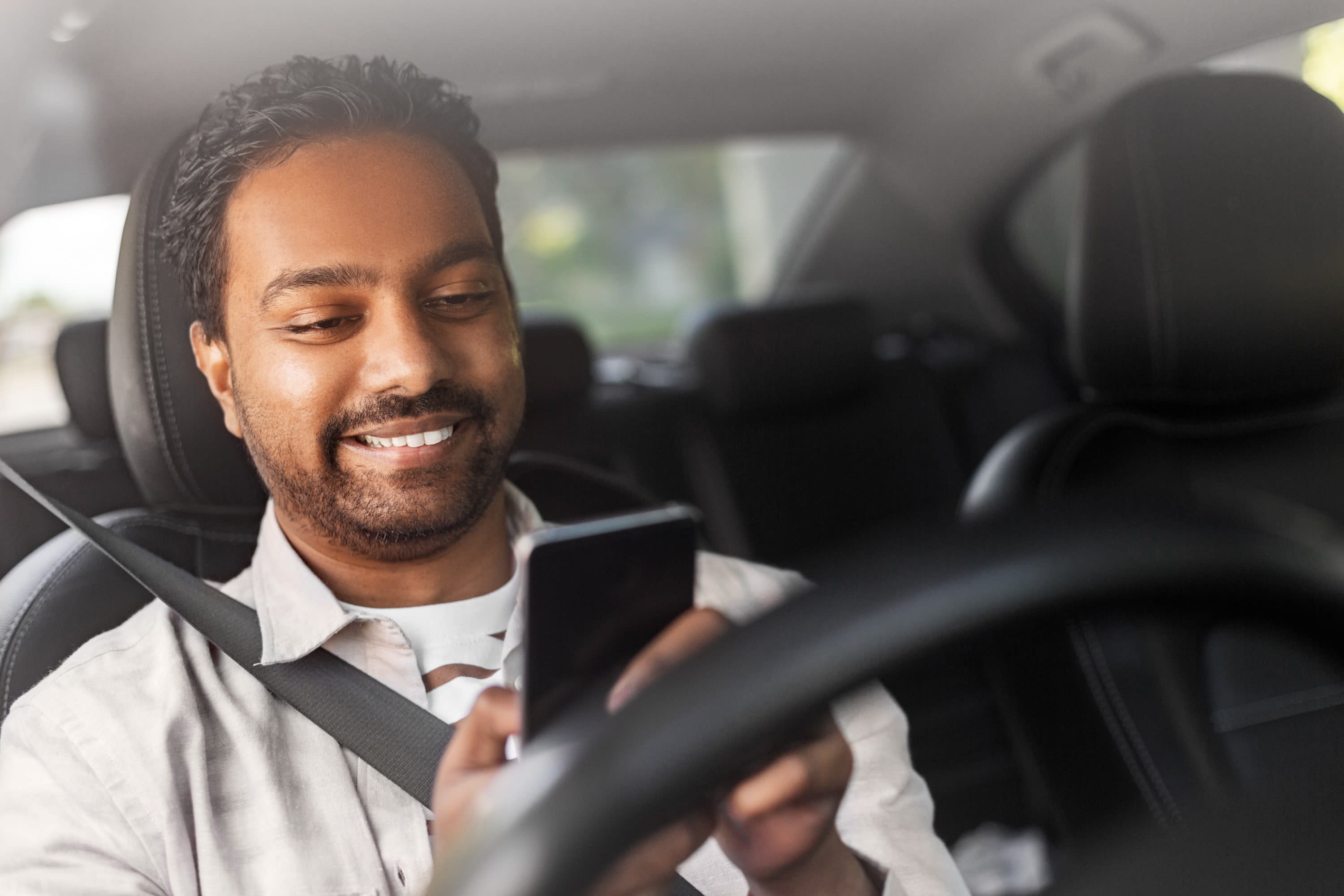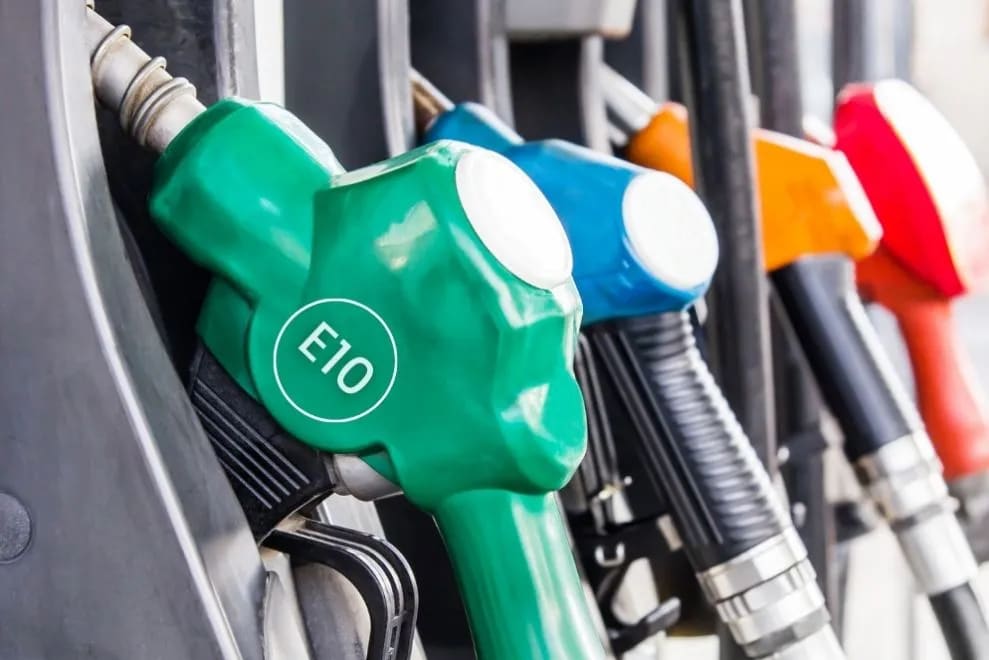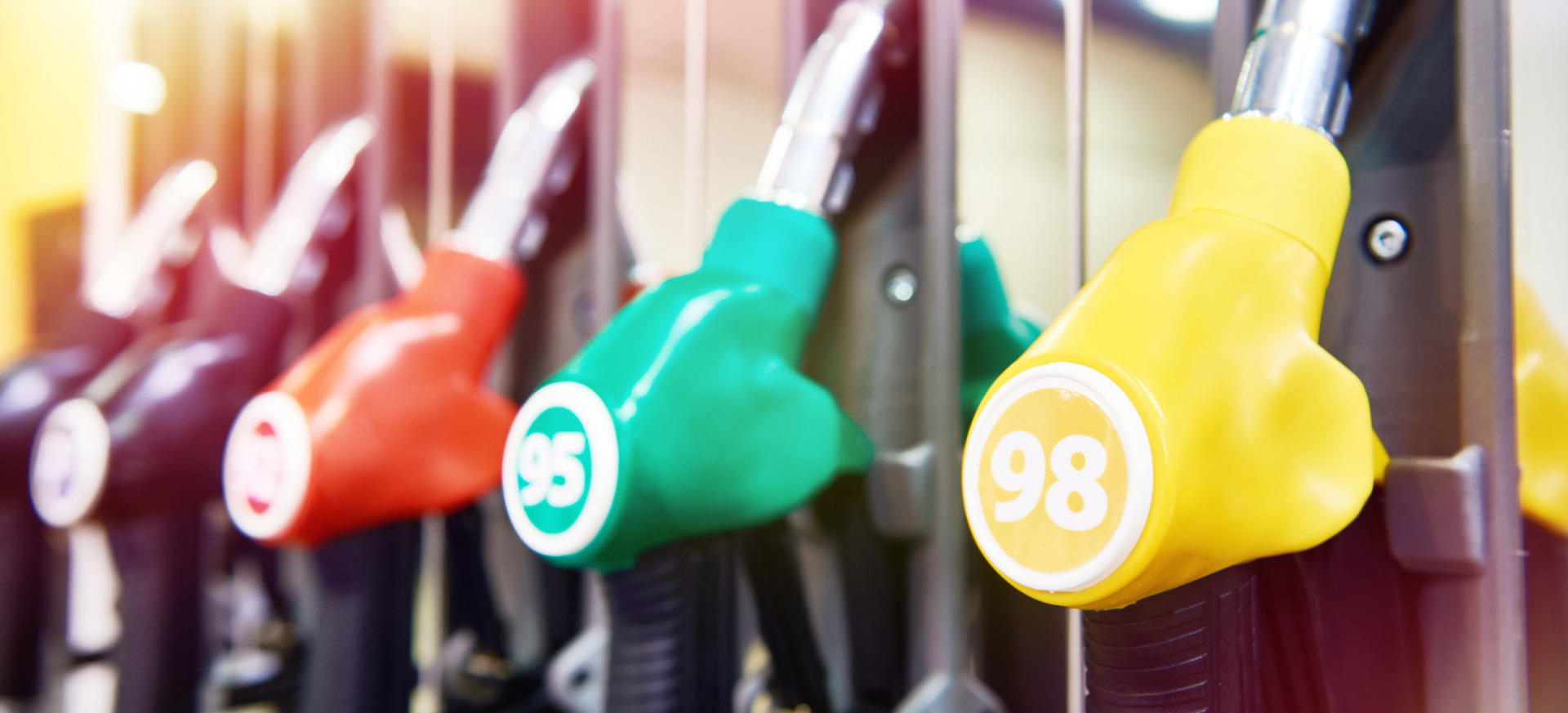
Three Top Tips to Save on Fuel
Posted in Motoring Tips
Three Top Tips to Save on Fuel
There are a few tricks you can use to save fuel and reduce the amount of visits to the petrol station. Have a look at our top 3!
Don't Drive Fast
It's very simple: the faster you drive, the more fuel your engine uses. Driving fast is not only more dangerous, but also more expensive.
Added to this is 'fast acceleration'. The engine needs to propel your car forward in a burst, using more fuel & energy. The most fuel efficient way of driving is at a smooth, constant speed, and preferably on cruise control (when on the highway).
Yet even in a straight line it's important to think about the optimal driving conditions. Try to drive a safe distance behind the vehicle in front to avoid sudden braking & accelerating, and don't exceed the speed limit. Most modern vehicles are most fuel efficient under 90kph.
A good tip is to look ahead and read the traffic; that way you can avoid sudden braking and speed changes. Roll to a smooth stand still and shut off your engine if you have to wait long, like at a railway crossing.
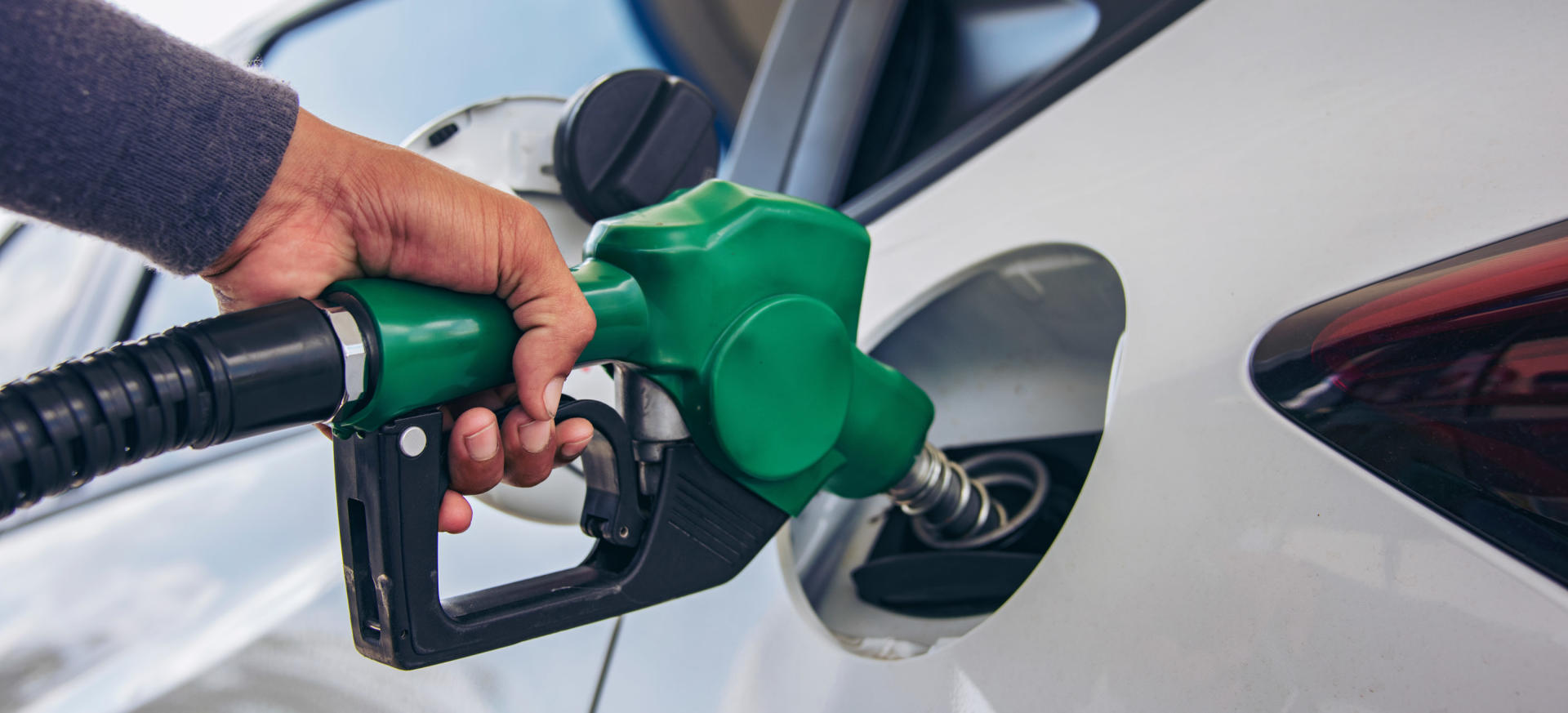
Service Your Car
You might not realise it, but regularly servicing your car can actually save you money at the fuel pump.
This has everything to do with keeping your car in optimal condition, which makes the engine run smoother, and therefore uses less petrol.
Think about dirty oil clogging up the engine, brake pads creating unnecessary resistance, or a fuel filter that doesn't give the right readings for example.
When your car is regularly serviced according to manufacturer standards, you can expect the best performance and fuel efficiency.
Aside from that, there are a few things you can do yourself with regards to servicing to get more out of your tank, like making sure you have the right tyre pressure. Check this at least every month and inflate them if necessary. This will make sure you have the right rolling resistance and optimal wear off your tyres at the same time.
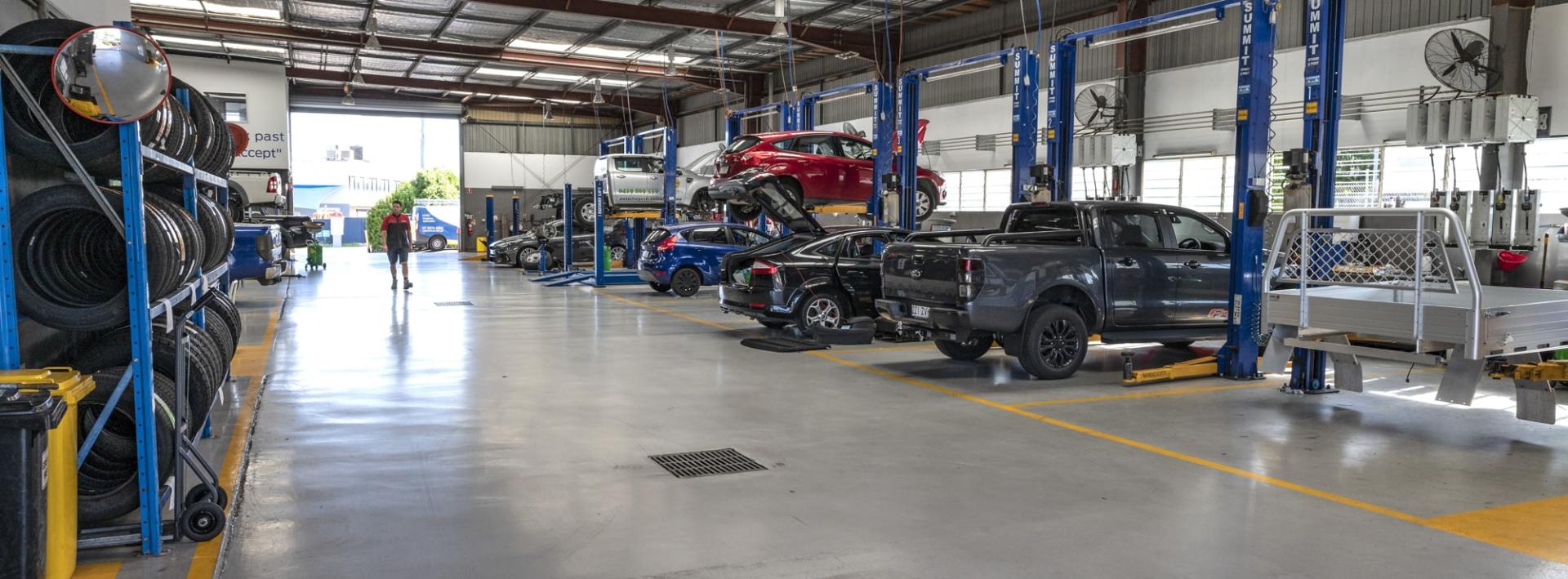
Remove Excess Weight
That doesn't mean leaving your mother-in-law at the side of the road halfway down your roadtrip or not installing child seats because they weigh too much. Both these solutions could cause very dangerous situations.
By removing excess weight we mean driving around with a rooftop tent that you only use twice a year, or an awning that only gets opened during your annual beach trip. Take them off right away!
Smaller weights can add up and cause your car to use more petrol than necessary. Roof and bike racks create drag, while heavy items like your towbar or items in the boot should be removed & left at home. Especially if you're driving around town, taking these things off can save you quite a bit of weight.
Just imagine that for every 25 kilo's extra in or on your car, it will use one per cent extra fuel. Add to that poor driving habits or a lot of stop / start peak hour driving & it all adds up to less bang for your buck at the bowser.

